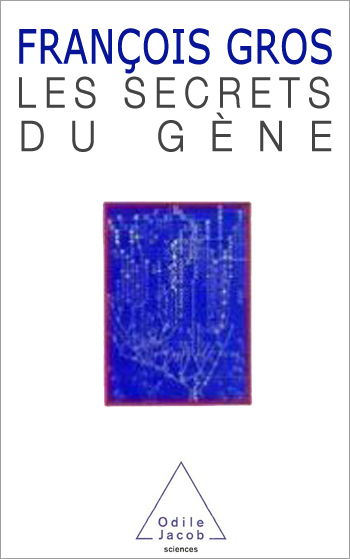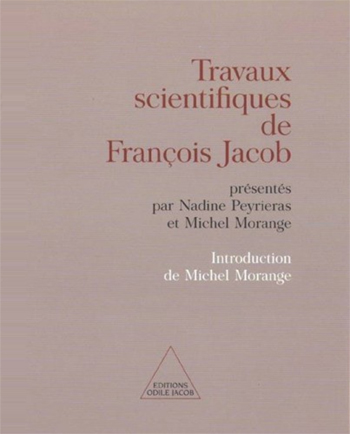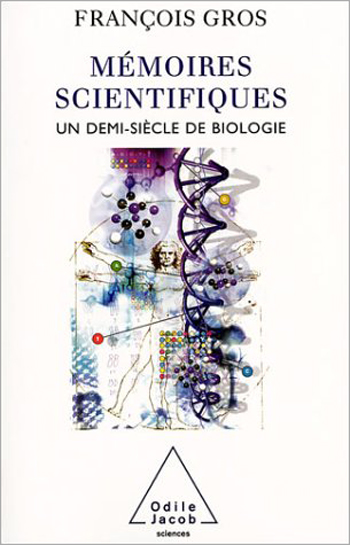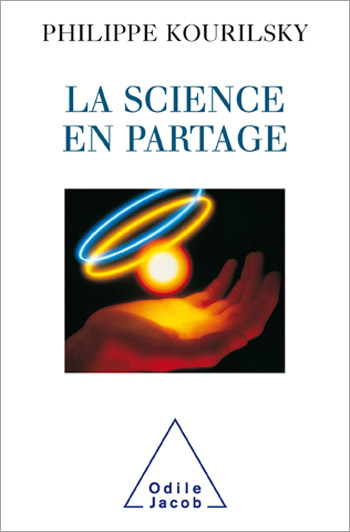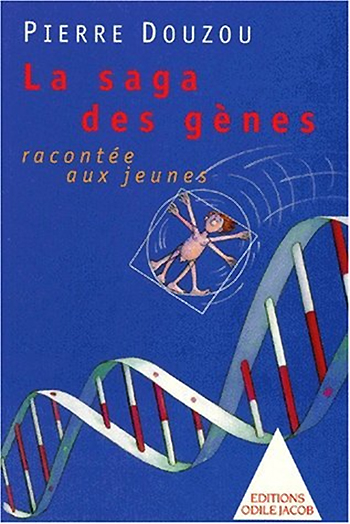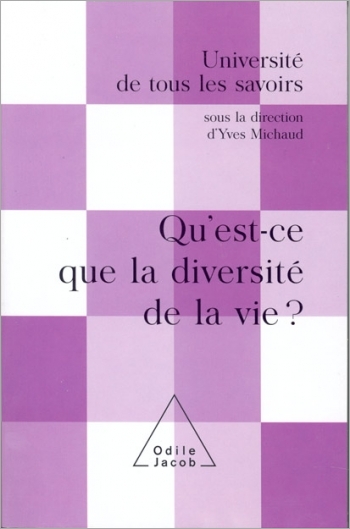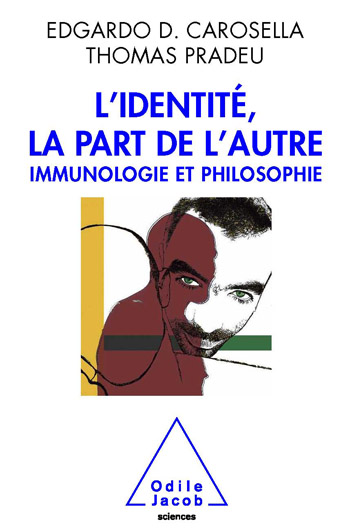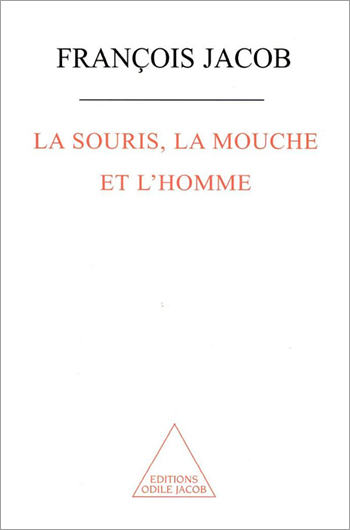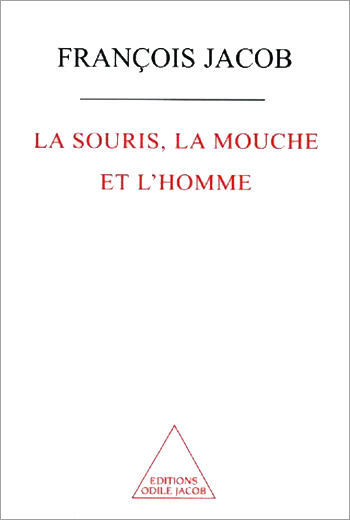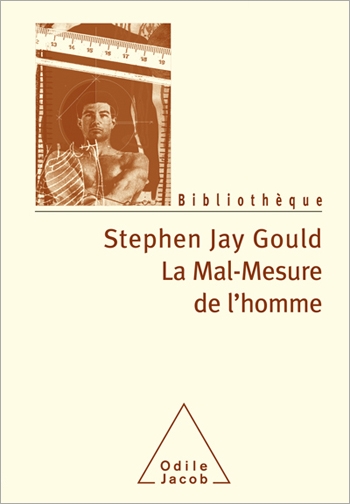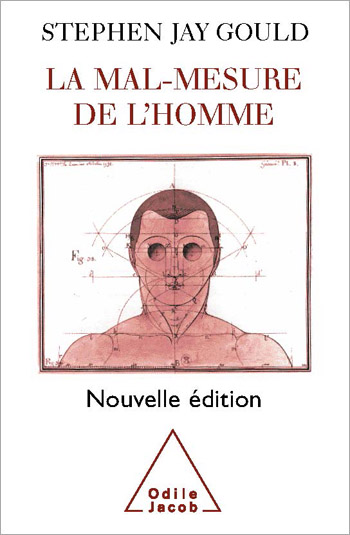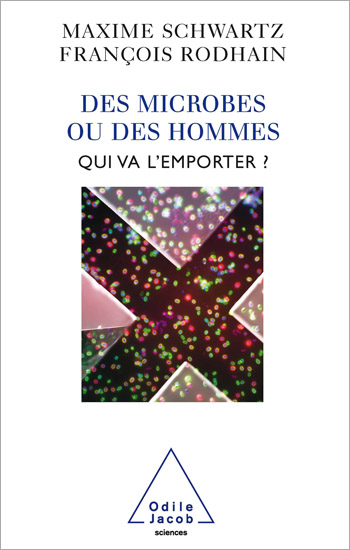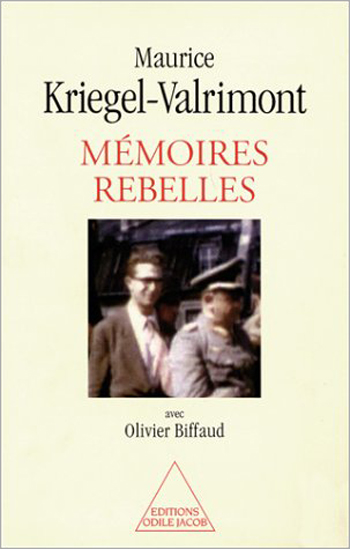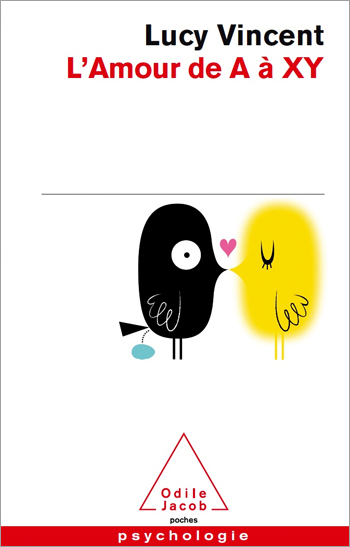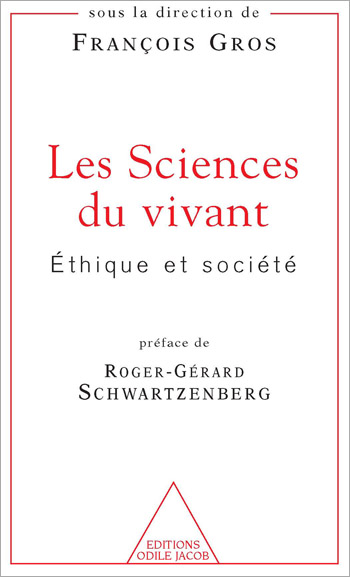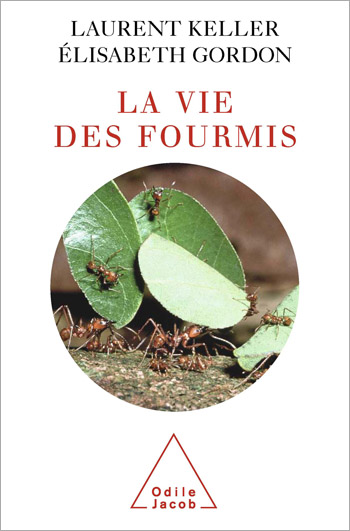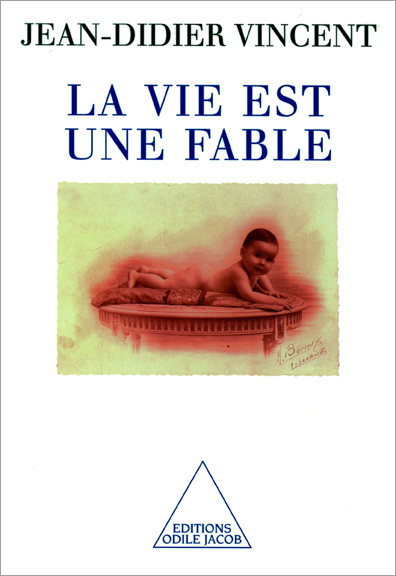Biology All books

Richard Dawkins
The Selfish Gene
The Selfish Gene has been described as the most important book about evolutionary theory since Darwin. According to Dawkins theory of the selfish gene, natural selection does not take place on the level of the species or of the individual but rather among genes. Dawkins argues that human beings are programmed to preserve their selfish molecules, which are known as genes. Dawkins brilliant style shows that complex scientific ideas can be explained and made accessible to the general public, and that biology can be as exciting as an adventure story. Richard Dawkins is a renowned evolutionary biologist.
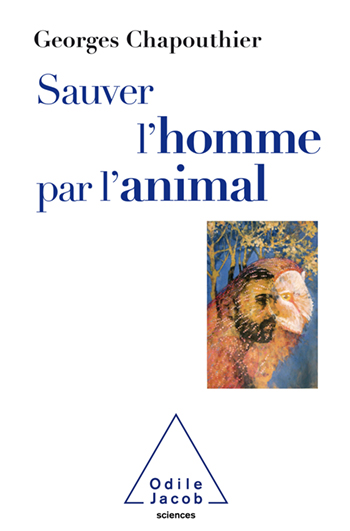
Georges Chapouthier
Saving Humans through Animals
An original thesis that connects in a paradoxical, but reasoned way, the development of morality in humans to their animal nature.
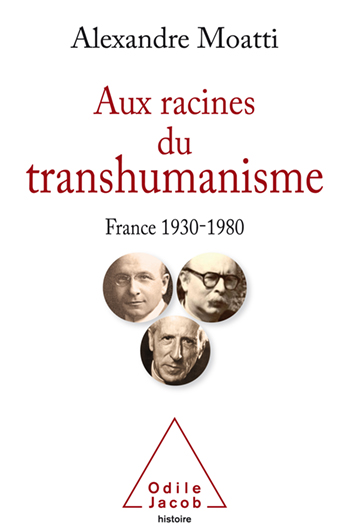
Alexandre Moatti
The Roots of Transhumanism France 1930-1980
Transhumanism and “augmented man” were already controversial subjects in the Belle Époque… An invaluable history for an understanding of what is truly at play behind this technoscientific fantasy.
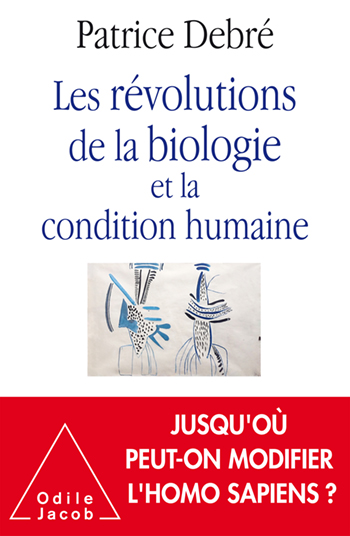
Patrice Debré
Revolutions in Biology and the Human Condition
A reflection on the prowess and the promises of biotechnologies, this text also casts a critical light on the transhumanist project.

Rita Levi Montalcini
Praise of Imperfection New Edition
Rita Levi Montalcini's life has been entirely dedicated to scientific research. She grew up in a tightly knit Jewish family and studied medicine in Turin. Forced into inactivity by the racist laws of Fascist Italy, she set up a makeshift laboratory in her bedroom and began studying the development of the nervous system. Her research, which she completed in the United States after the war, led to the discovery of the nerve growth factor whose role is to stimulate the growth of nerve fibres. Her autobiography, written with warmth and simplicity, traces the progress of her life, including being awarded the Nobel Prize for Medicine.
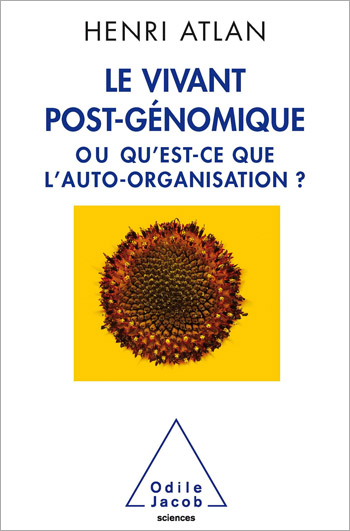
Henri Atlan
Postgenomic Life, or What is Self-organisation?)
We spontaneously associate the idea of organisation with that of human production: the fruit of artistic endeavour or rational planning...
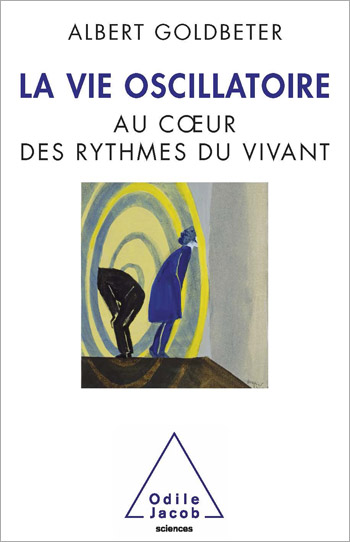
Albert Goldbeter
Oscillating Life At the Heart of Life Rhythms
This book offers the first synthesis of existing knowledge on the rhythms of life, as observed at different levels of biological organisation.
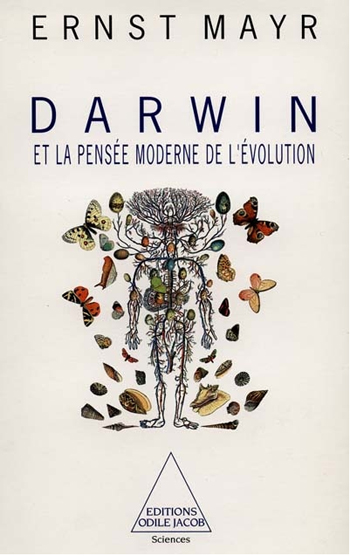
Ernst Mayr
One Long Argument: Charles Darwin and the Genesis of Modern Evolutionary Thought (Questions of Science)
Without Darwin, our knowledge of the living would not be what it is today. But who was really the author of The Origin of Species? Why did these hypotheses lead to one of the most important scientific revolutions of our time? To what questions was Darwin unable to find an answer? Ernst Mayr is a professor emeritus at Harvard University.
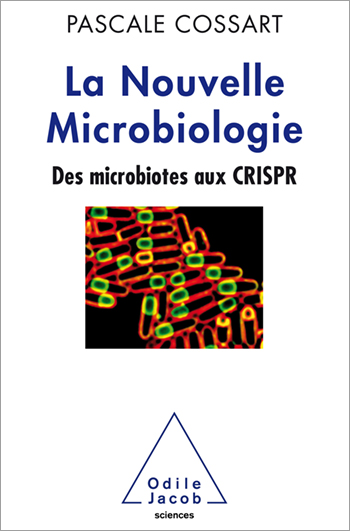
Pascale Cossart
The New Microbiology
New essential data about the life of bacteria, their resistance to antibiotics, inter-bacterial communication, etc.
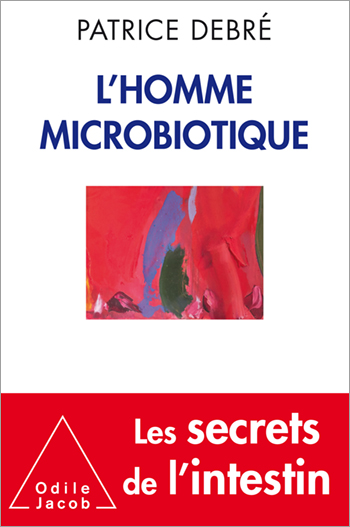
Patrice Debré
Microbiotic Man Humans and microbes: thousands of years of a shared history — for better or for worse.
A book that will interest readers who wish to learn more about such issues as epidemics, the current vaccination controversy, the recent flare-up of the Ebola virus and hopes of eradicating Ebola.
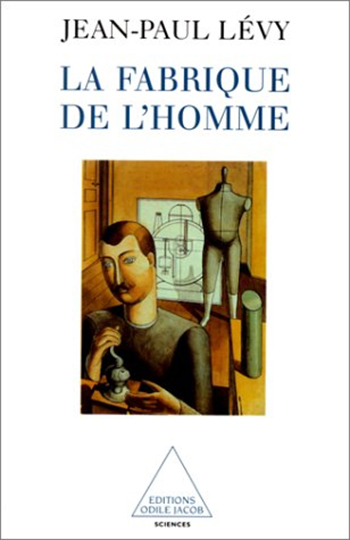
Jean-Paul Lévy
The Making of Man
Jean-Paul Lévy's book is marked by a resolutely materialistic reflexion, characteristic of biologists : the only thing that distinguishes man from all other living things is the capacity to reason. From this prospective, he explains how a human body is constructed, how and why it produces thoughts and why, one day, it finally ceases to function and dies. His thought process leads to a materialistic solution of the problem of the union of the body and soul. Jean-Paul Lévy is a hematologist and immunologist. He heads France's National Agency for AIDS Research
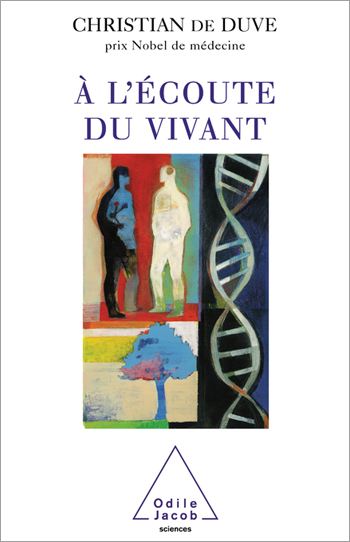
Christian de Duve
Listening to the Living
Everything one should know about biology is explained here by a Nobel Prize winner, including the origin of life, its chemical production and reproduction, the history of life, its earliest forms and also human evolution, the brain, the genius of genetics, and extra-terrestrial life. Finally, the author shows that although biology has undermined arguments in favour of the existence of God, religion and faith are a necessary product of nature selection. Christian de Duve is the director of the Brussels-based International Institute on Cellular Pathology. He was awarded the Nobel Prize in Physiology or Medicine in 1974 for his findings concerning the structural and functional organisation of cells.
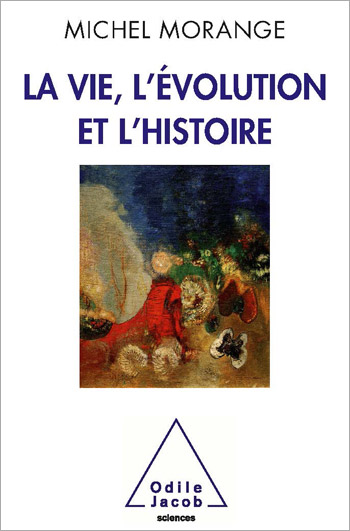
Michel Morange
Life, Evolution and History
In this unique general survey of contemporary research, Michel Morange reveals the recent convergence that is developing between two great segments of biology
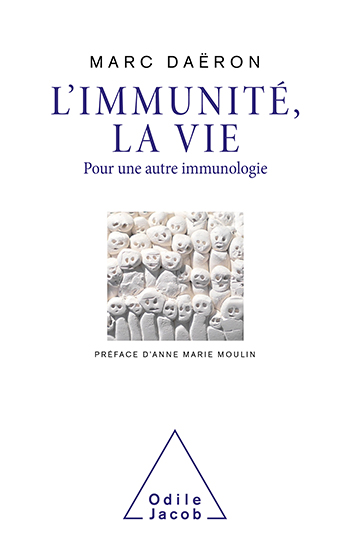
Marc Daëron
Life With Others A Look at Immunity
A critical look at what we think we know about the immune system
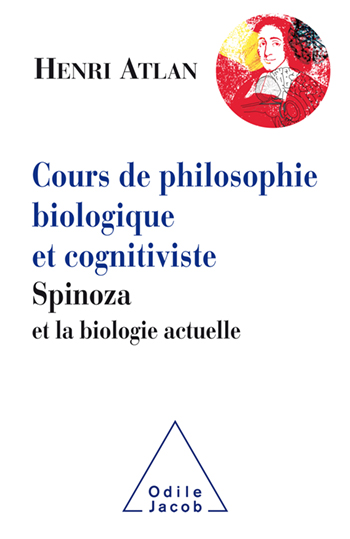
Henri Atlan
Lectures in Biological and Cognitivist Philosophy Spinozist Configurations
An introduction to both one of the greatest philosophies in history, and to the most current issues in the neurosciences. A new way of thinking about the relationships between the brain and the mind.

